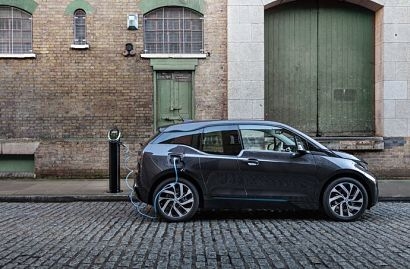
Responding to the Prime Ministers announcement of a 10-point plan for a Green Recovery, Energy Systems Catapult Director of Strategy Guy Newey said the combination of desirable consumer propositions, regulation and economic signals are driving a motoring transition that provides a blueprint for zero carbon homes.
“The 2030 ban on sales of new petrol and diesel cars and vans, underlines the seriousness of intent politically” said Mr Newey. “Such a regulatory move is much more important for innovators and investors than subsidy. It also underlines the 'dance' between innovation and policy. Imagine trying to do this 10 years ago when G-Whizzes were pottering around. Much easier with Tesla Model 3s on the streets, and prices falling. The regulatory move now confirms that innovation-driven transition. Yet zero carbon buildings are the toughest nut to crack on the way to net zero. The Government has provided some significant funding on energy efficiency and low carbon heating, and a commitment to 600,000 heat pumps a year is a big step forward in ambition. However, low carbon heating will only take off at the pace and scale we need, when there are desirable consumer propositions in the market - which in turn need regulatory and economic signals for innovators to invest - we need to start the same dance with buildings between innovation and policy that we had with EVs.”
Energy Systems Catapult is currently managing the Electrification of Heat demonstration trial for Government that aims to confirm the feasibility of a large-scale roll-out of heat pumps by installing the low carbon technology in 750 homes. Energy Systems Catapult CEO Philip New is chair of the Electric Vehicle Energy Taskforce which is focusing on 10 high priority actions recommended by Energy Systems Catapult.
For additional information:

